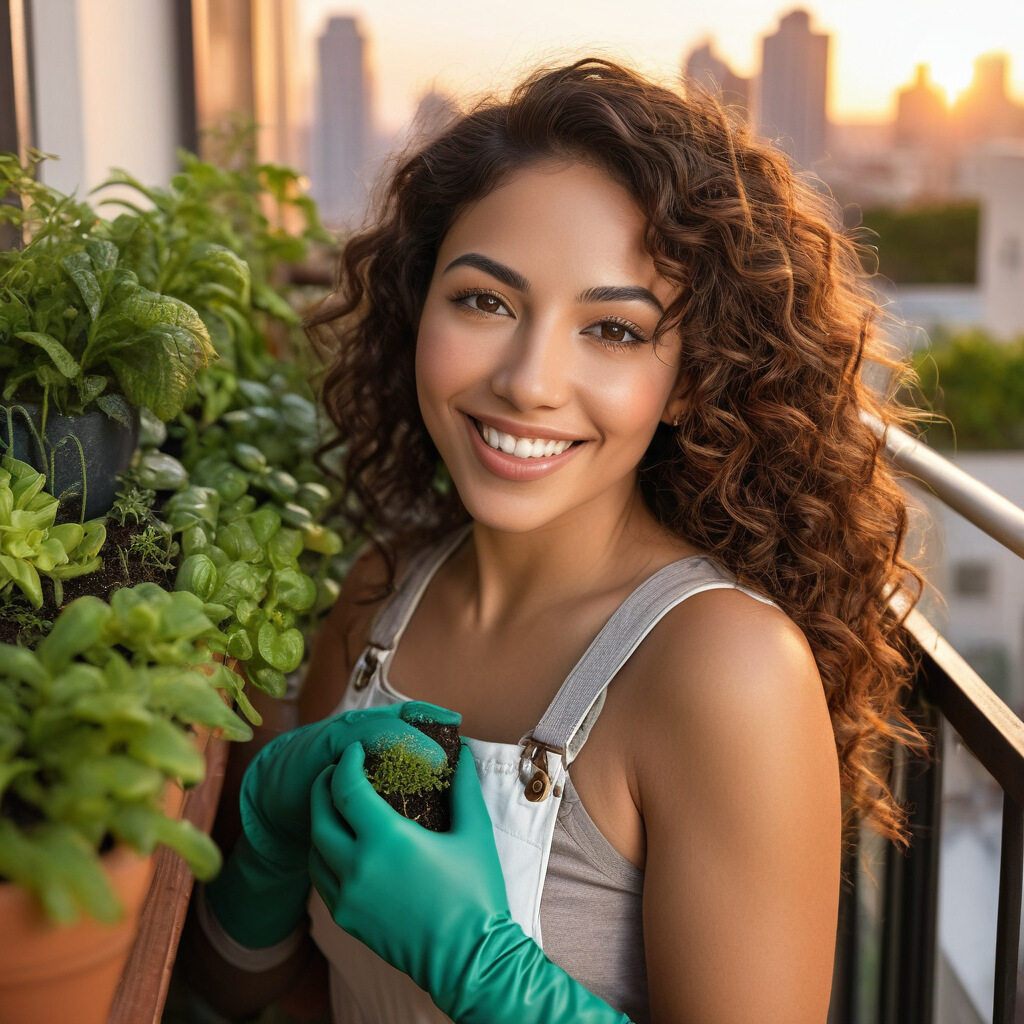Jasmine is more than just a beautiful and fragrant flower; it is a symbol laden with cultural, historical, and ecological significance. This article explores jasmine from multiple angles, including its role in arts and literature, its practical applications, and its importance in various cultures. Whether you're a gardening enthusiast or a cultural historian, jasmine offers something compelling for everyone.
The Flower Language of Jasmine
- Purity and Simplicity: Jasmine often symbolizes purity, elegance, and grace.
- Love and Sensuality: The intoxicating fragrance of jasmine is often linked to love and sensuality, making it a popular choice in bridal bouquets and romantic celebrations.
Stories Related to Jasmine
- The Legend of Sultan and Jasmine: According to a popular Middle Eastern folk tale, a sultan grew jasmine in his garden, believing it brought him good luck and wise counsel.
- Jasmine in Chinese Literature: Jasmine is often mentioned in Chinese poetry as a metaphor for a graceful person.
Variety Introduction
- Common Jasmine (Jasminum officinale): Known for its sweet fragrance and white blooms.
- Arabian Jasmine (Jasminum sambac): Features smaller, more intensely fragrant flowers.
- Star Jasmine (Trachelospermum jasminoides): Not a true jasmine, but popular for its similar fragrance and star-shaped flowers.
Introduction to Planting and Maintenance
- Soil and Sunlight: Jasmine thrives in well-drained soil and prefers full sun to partial shade.
- Watering: Requires regular watering to keep the soil moist, but not waterlogged.
- Pruning: Regular pruning helps maintain shape and encourages growth.
Historical and Cultural Background
- Symbol of Hospitality: In Tunisia and some other cultures, jasmine is a symbol of hospitality and is often presented to guests upon arrival.
- National Flower: Jasmine is the national flower of countries like Indonesia, where it's called "Melati" and is connected with weddings and other cultural ceremonies.
- Cultural Festivals: In Thailand, jasmine symbolizes motherhood and is a common gift for Mother’s Day.
Scientific and Ecological Value
- Pest Repellent: Compounds in jasmine oil can repel certain pests, making it useful in natural agriculture.
- Research and Medicine: Jasmine contains ingredients being researched for anti-anxiety and mood-enhancing effects.
Art and Literary Inspiration
- In Poetry: Often used as a metaphor for purity and beauty in poetry across cultures.
- Film and Music: Featured prominently in various films and music genres as symbols of exotic beauty and desire.
Festival and Custom Association
- Weddings: Jasmine is often used in garlands and decor in Indian weddings.
- Perfume and Cosmetics: Used widely for its fragrance in traditional and modern perfumes.
Practical Value and Cross-Border Applications
- Edible Uses: Jasmine flowers are used in jasmine tea and as garnishes in culinary dishes.
- Industrial Uses: Essential oils of jasmine are used in aromatherapy and cosmetics.
Interesting and Cold Knowledge
- Unique Mutation: Some jasmine species can change color as they mature, adding visual interest.
- Record Holders: Some jasmine plants have been recorded to live over 100 years, under proper care.
Photography and Gardening Skills
- Photography Tips: Best captured in the early morning light to capture the dew on petals.
- Creative Gardening: Can be trained into various shapes, offering artistic gardening opportunities.
In conclusion, jasmine is a multifaceted flower that harmonizes beauty, practicality, and cultural richness. Whether for its enchanting fragrance or its profound symbolic meaning, jasmine continues to captivate and inspire globally.










 浙公网安备
33010002000092号
浙公网安备
33010002000092号 浙B2-20120091-4
浙B2-20120091-4